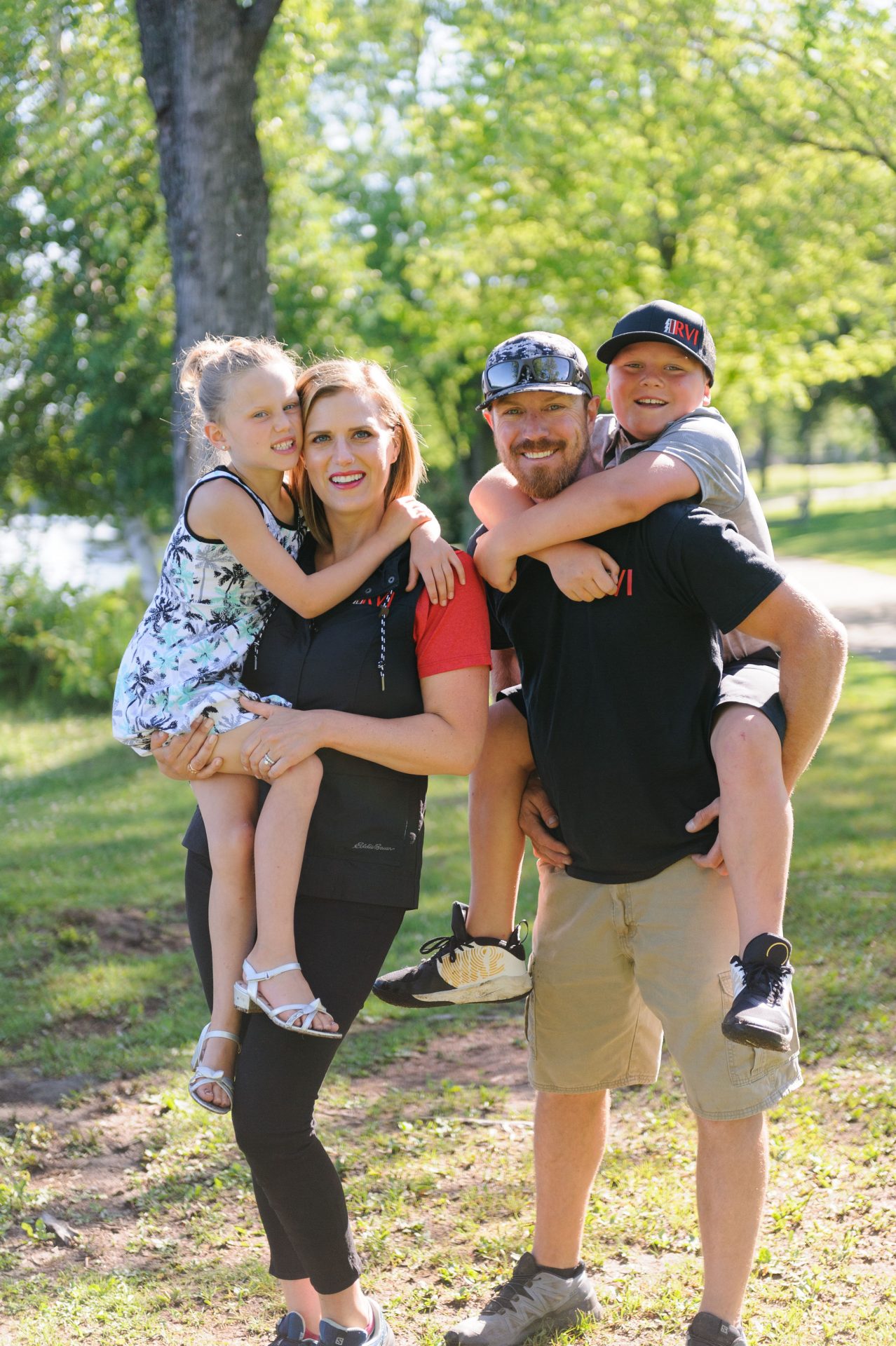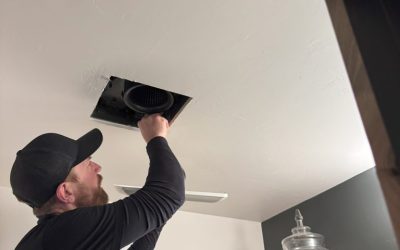One of the most important characteristics of a newly constructed home is how energy efficient it is.
Not only is an energy-efficient home less expensive to operate, but it’s also better for the environment, more comfortable to live in — and will be easier to sell to the next generation when the time comes.
Today, we’re discussing the energy upgrades and features that new homes should include. These features help ensure you’re building homes that suit the needs of the current generation, and the next generation to come.
If you build homes for a living, or if you’re getting ready to build your own dream home, keep reading.
The Importance of Building “Green,” Energy Efficient Homes
One key characteristic that many — if not most — buyers value in prospective homes is energy efficiency.
A big part of this is the cost savings that an efficient home offers. Anyone who’s ever lived in an old, drafty home knows how painful the heating bills get. Consumers place great value on homes that are well-insulated, well-ventilated, and equipped with efficient heating and cooling systems. They understand how these features will save them considerable money over the years they are in the home.
Another key consideration, however, is the growing concern about the environment and the ways to reduce our impact. Younger, first-time buyers especially place a lot of value on living in sustainable homes. They look for upgrades like added insulation, double-paned windows, efficient appliances, and other features that will help them reduce their environmental footprint.
The Best Energy Upgrades to Include in a New Build
There are many improvements builders can include when building new homes that will increase the efficiency of the structure. Here are a few ways that new builds can be more “green.”
BIBS® Insulation
A blow-in blanket (BIB) insulation system is an excellent option when choosing insulation for a new home, and one of the best investments you can make when building new. BIBS forms a seamless blanket of insulation that fills the space it’s blown into, completely insulating and eliminating gaps around pipes, wires, and other objects inside the cavity. This maximizes the thermal efficiency and performance of the building. The BIBS® system provides the highest attainable R-values available today.
Windows
Windows can be a primary source of air leakage and heat loss, so choosing the best windows is smart when building new. Although you might save a penny upfront, opting for high-quality, double-paned, argon-filled windows will save you money in energy expenses the longer you live in the home. Energystar.gov maintains a great list that ranks the most energy-efficient windows available.
Smart Thermostats
Thermostats have moved far beyond the simple dials that let you choose your temperature. If you’re building new, installing “smart” thermostats is an easy way to help make your home as efficient as possible. They help by managing energy use and adjusting to heat or cool in the most efficient manner possible. Some can even track your energy usage, automatically react to your daily schedules, and anticipate heat waves and cold snaps.
Air Sealing
While it is possible to air-seal an existing home, it’s better to do it during the construction stage. Contractors can easily access attics, framing, and crawlspaces during construction. Investing in appropriate air sealing of your new home will reduce energy costs, make your home more comfortable, and reduce the likelihood that you will deal with ice dams in the future.
Advanced Framing
“Advanced framing” is a technique used to decrease the amount of lumber used while framing a home. In addition to potential cost savings upfront, advanced framing techniques can reduce the energy loss caused by thermal bridging, a phenomenon where a conductive material (like wood) creates a “bridge” that allows heat to travel through a wall.
Efficient Appliances
In addition to reducing the operating cost of a home, efficient appliances benefit the environment by using less water and energy. When building, opt for energy-efficient HVAC systems. Opt for “low-flow” toilets and faucets and water-saving washing machines and dishwashers.
Let RVI Help You Build Your Dream Green Home
Whether you’re a home builder or a home buyer, building a home that’s as sustainable and efficient as possible is an excellent investment.
Added insulation in attics and basements, more efficient HVAC systems, and fixtures and appliances that reduce energy and water use are all smart ways to make a new home more comfortable, less expensive to operate, and easier to sell if and when that day comes.
RVI can provide an energy-use audit and consultation with both builders and homeowners. Our building science experts will suggest ways to build a more energy-efficient home — many of which are comparatively inexpensive and have a great ROI.
If you’re in northern Wisconsin, get in touch with RVI now to start a conversation about how we can help you create an efficient, sustainable, and in-demand home.



